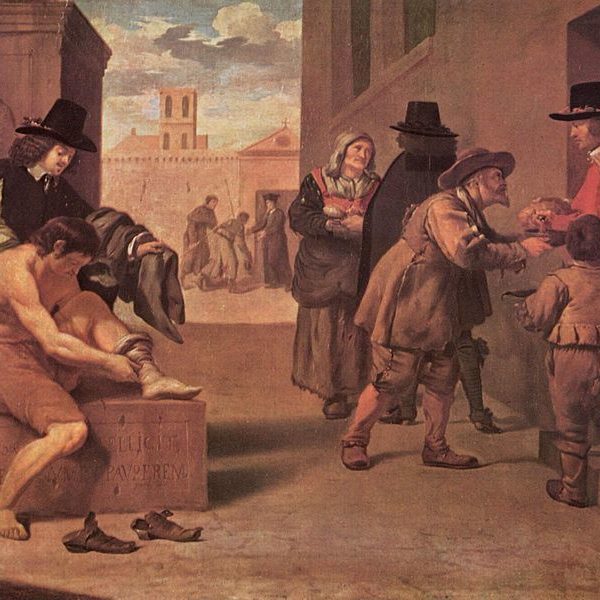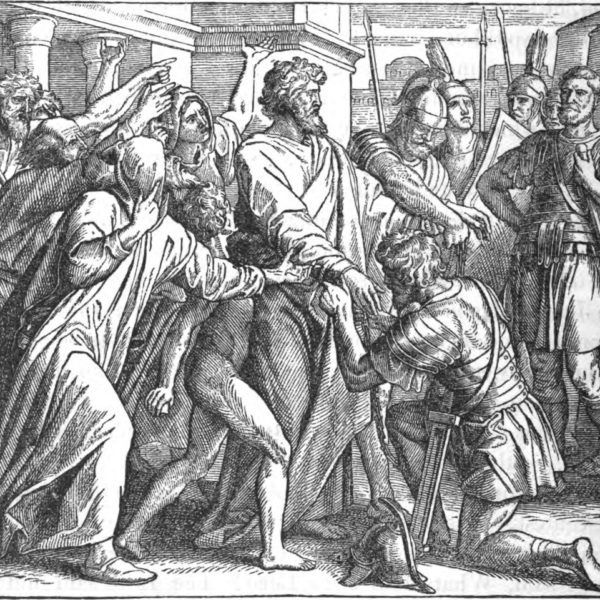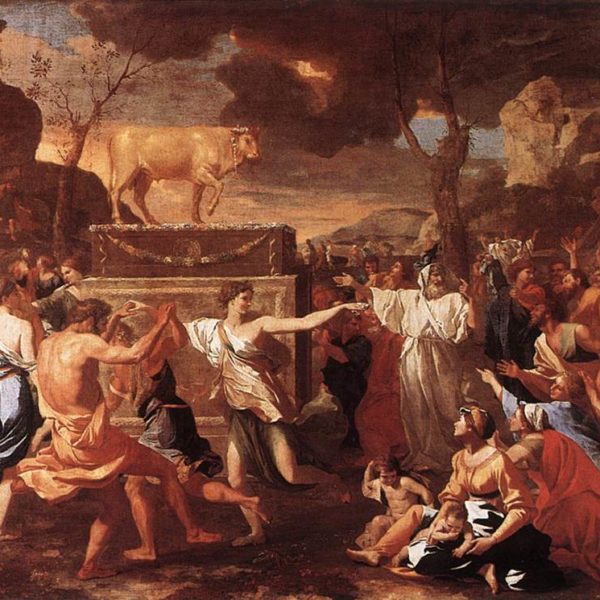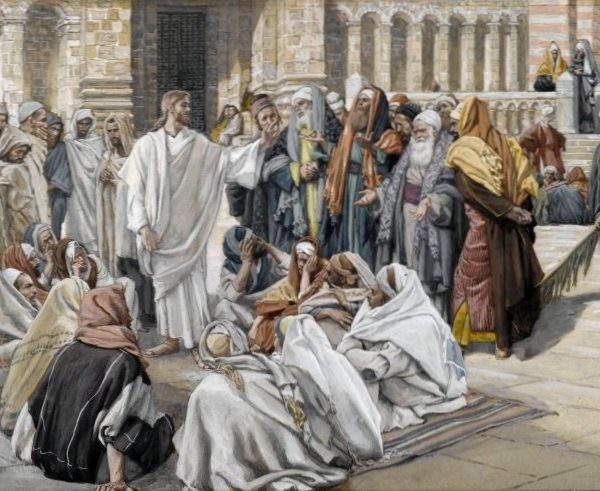
While often read merely as an account of judgment, heaven, and hell, the Parable of the Sheep and the Goats reveals a love that overcomes dualism.
By Fritz Wendt

Jesus’ trick answer to the Pharisees concerning the paying of taxes to Caesar speaks to the Christian’s appropriate posture to American Civil Religion, which has been provoked into a fuller revelation of itself by Colin Kaepernick’s protest.
By Fritz Wendt









